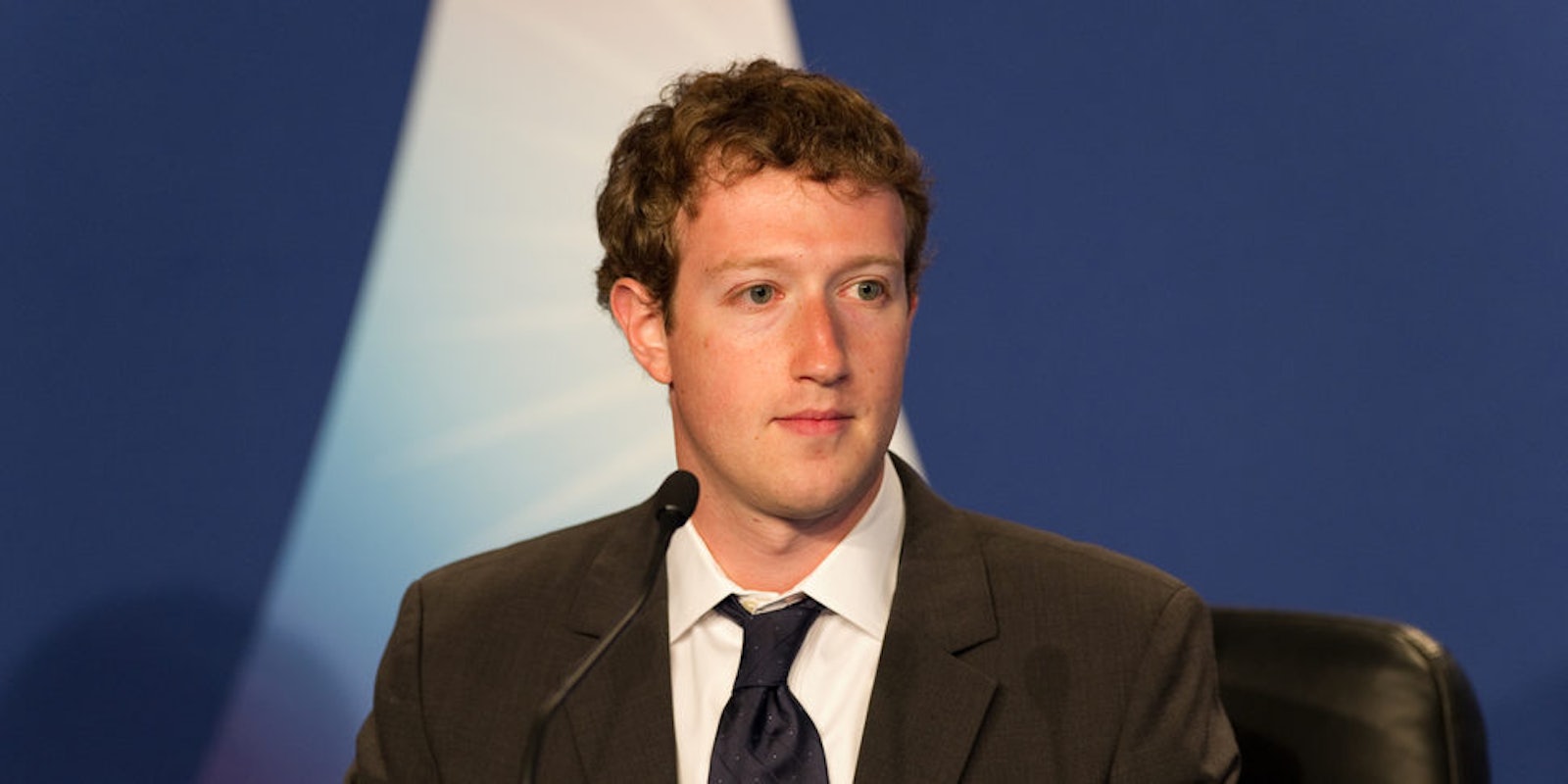Facebook reported the BBC to the police after it sent over examples of child porn found on its network.
The BBC says it sent Facebook dozens of photos, including images from groups where users discussed swapping what appears to be child abuse materials. Those materials were sent on Facebook’s request as preparation for an interview with the media corporation.
At FB’s request we sent them images we had reported, which weren’t taken down by FB moderators. FB then reported us to the police.
— Angus Crawford (@AngusCrawfordR4) March 7, 2017
Instead of thanking the reporters for flagging the content and actively going after the users in question, Facebook decided to cancel the interview and report the BBC to the Child Exploitation and Online Protection Centre for distributing images of child exploitation.
It is unclear if the BBC followed the delicate (and rather vague) guidelines that offer protection to those who “are acting to combat the creation and distribution of images of child abuse.” Factors that decide if it should be granted protection include:
- The way the indecent photograph or pseudo photograph was discovered or made.
- The speed with which the indecent photograph or pseudo photograph was reported, and who it was reported to.
- The handling and storage of the indecent photograph or pseudo photograph was appropriate and secure.
- Copying of photographs or pseudo photographs must be the minimum to achieve the objective and be appropriate.
- Individuals should be expected to have acted reasonably.
The BBC has been investigating illegal activity on social media sites for years. The media corporation says it helped Facebook improve the system it uses to let users report inappropriate content, and even provided the police information that led to one man’s arrest.
The British company claims it was simply trying to help clean up the network. It ran a test to see how well Facebook does that on its own. The BBC used the report button to alert the company to 100 images it claims break Facebook guidelines. Those images included:
- Pages explicitly for men with a sexual interest in children.
- Images of under-16s in highly sexualized poses, with obscene comments posted beside them.
- Groups with names such as “hot xxxx schoolgirls” containing stolen images of real children.
- An image that appeared to be a still from a video of child abuse, with a request below it to share “child pornography.”
Of the 100 images only 18 were removed.
Facebook’s policy director Simon Milner later said in a statement to CNBC:
We have carefully reviewed the content referred to us and have now removed all items that were illegal or against our standards. This content is no longer on our platform. We take this matter extremely seriously and we continue to improve our reporting and take-down measures.
The BBC also reported five accounts from convicted pedophiles to Facebook. None of those were taken down, despite the network’s rules that ban convicted offenders from having accounts.
We have reached out to Facebook for comment.
H/T Gizmodo


